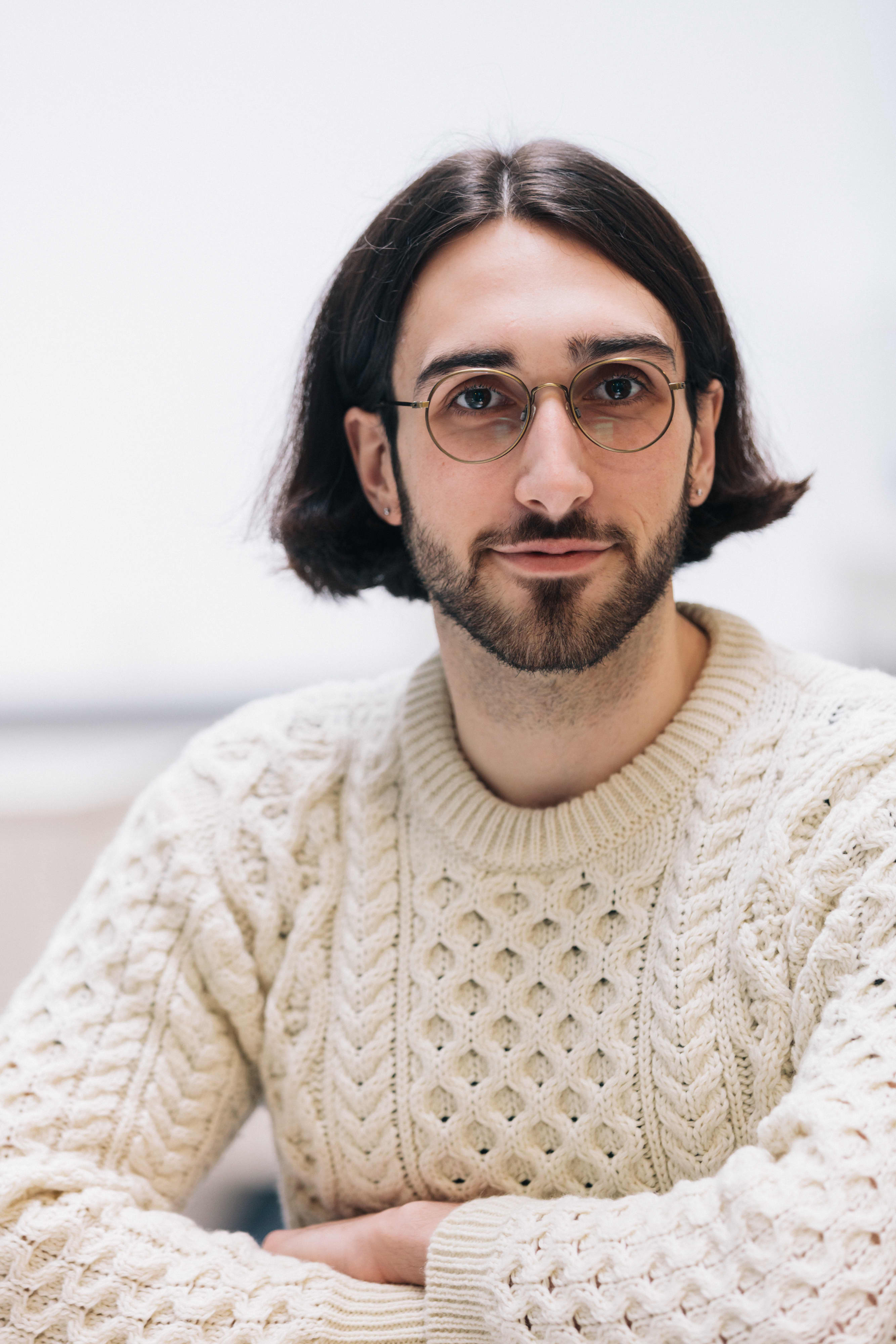
Aidan Gomez was an intern at Google Brain in 2017, when he helped co-author the “Attention Is All You Need” paper that conceptualized the transformer and eventually kicked off the generative artificial intelligence boom.
“There’s no one in the field who was around back then working who could have foreseen where we are in terms of technological capability,” Gomez told CNBC in a recent interview. “The models are doing stuff that I personally thought maybe I’d see at the end of my career, maybe in like 40 years.”
Gomez, who was a computer science student at the University of Toronto at the time of his internship, left Google in 2021 to co-found Cohere, an AI startup that’s backed by Nvidia and has reportedly raised money at a $5 billion valuation. Cohere makes generative AI models that can be used by companies, in contrast to consumer-facing products like OpenAI‘s ChatGPT.
Cohere Co-Founders Aidan Gomez, Ivan Zhang and Nick Frosst out with colleagues
Cohere
“We’re having research come out of MIT and Harvard showing the productivity gains,” Gomez said. “You can just quantitatively measure it. You sit a knowledge worker down next to one of these models. You train them on how to use it, how to make it useful for them. They have to learn how to use the technology, but once they do, you see productivity lifts that are like 40%.”
In June 2023, Cohere raised $270 million at a $2.2 billion valuation, from investors including Salesforce and Oracle. Cohere executives have even attended AI forums at the White House.
Gomez said that until recently, “Everything to date has been done with like five people.” Cohere now has about 400 people and is rapidly growing its sales team.
When asked about specific use cases where generative AI can benefit a company’s bottom line, Gomez cited a model Cohere built to help an insurer. The technology allows the company to submit faster quotes to beat out the competition when there’s a request for proposal from a mining or pipeline firm.
Gomez called it a race.
“The first insurance provider that puts a reasonable bid in front of them wins that contract,” he said. “We augmented their actuaries, the folks who are doing the research on the project, assessing the risk, coming up with a quote.”
By speeding up the actuaries, Gomez said the business was able to win more contracts.
“I never thought that an insurance company for natural resource projects would be adopting large language models,” he said. “But they are.”
Watch the video to hear the full conversation between CNBC’s Steve Kovach and Aidan Gomez.
This article was originally published on CNBC

